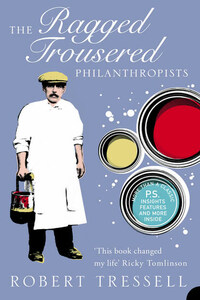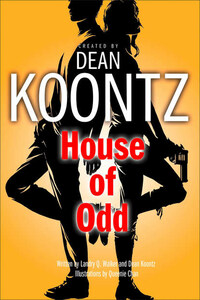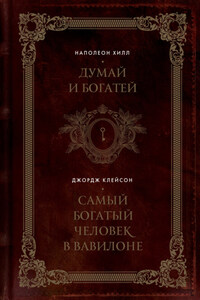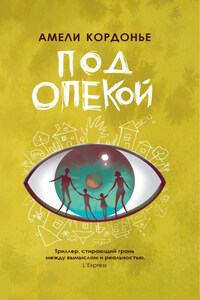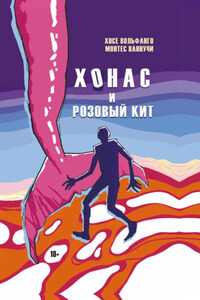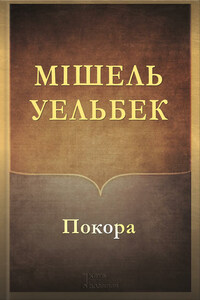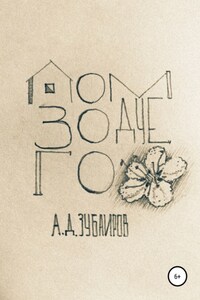Robert Tressellâs original MS was âeditedâ and âre-editedâ at various times. This complete edition presents the work in almost its original form (it has been necessary to retain some editorial paraphrases where the original text is lost beyond trace: such paraphrases are enclosed within square brackets). Tressellâs idiosyncratic grammar, spelling and punctuation (his way of conveying the spoken idiom of his characters), as well as his somewhat inconsistent use of capital letters, has been restored.
This novel is about a group of painters and decorators, and their families, in Hastings (Mugsborough), around 1906. It describes the workmanâs life of that time, the subjection, deception, and destitution of the people whose labour helped to create the luxury and glitter of the Edwardian age. It is the age which those who didnât have to live in still like to refer to as the good old days of pomp and circumstance, the apex of Englandâs greatness, the time before 1914 when everyone knew his place and because of it was supposed to be contented.
I read an abridged edition of The Ragged Trousered Philanthropists when I was nineteen and with the Air Force in Malaya. It was given to me by a wireless operator from Glasgow, who said: âYou ought to read this. Among other things it is the book that won the â45 election for Labour.â It had been cut to half the length of the present full version, made to end on a note of despair suggesting that cranks who believed in Socialism could do nothing better than think of suicide. The present edition ends the way the author intended.
It isnât easy to say precisely the effect this book had on me when I first read it. It certainly had a great one, because it has haunted me ever since. Those whose life has touched the misery recounted by Robert Tressell can get out of it many things: a bolstering of class feeling; pure rage; reinforcement for their own self-pity; a call to action; maybe a good and beneficial dose of all these things.
Owen, the main character, tries with marvellous patience and tenacity to enlighten his workmates, to tell them how Socialism could level out riches and give them not only a little more to live on, but also real hope of alleviating their inequalities for good. They wonât listen, so he calls them philanthropists, benefactors in ragged trousers who willingly hand over the results of their labour to the employers and the rich. They think it the natural order of things that the rich should exploit them, that âgentlemenâ are the only people with a right to govern. This theme is the soul of the novel, yet a mass of personal detail keeps it a novel and not a tract.
Robert Tressell (born Robert Noonan) was himself one of the workmen he describes, wrote his book in his spare time, and knew exactly what he was talking about. He died of tuberculosis in 1911, when he was forty, and his book was not published until 1914. It has gone through many varied editions since then, and has sold tens of thousands of copies all over the world. But this is the first time that the
